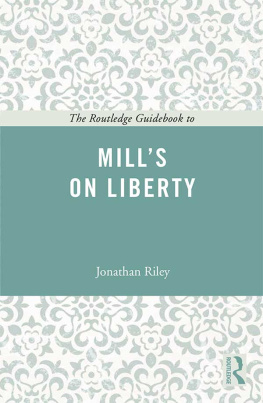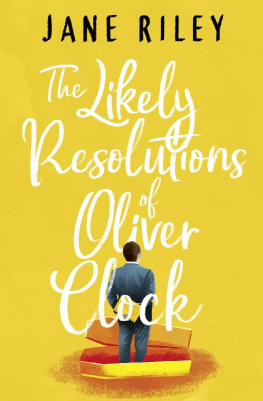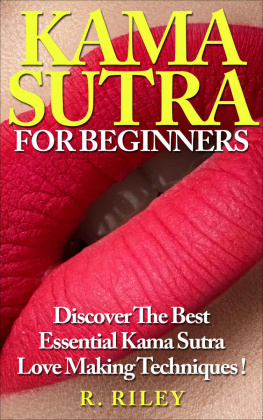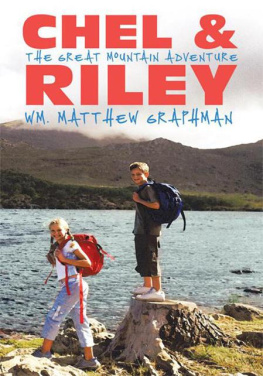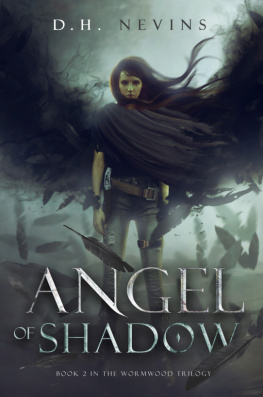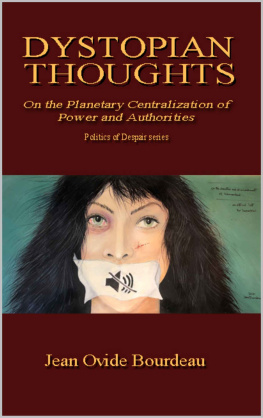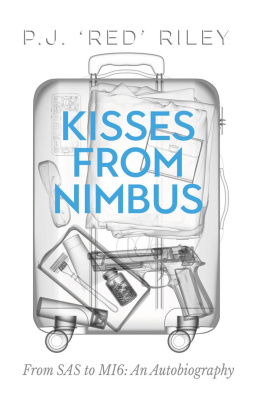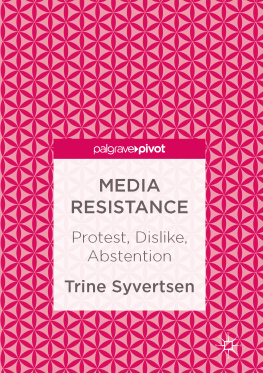Recruitment
The Resistance Trilogy, Book One
K. A. Riley
Copyright 2018 by K. A. Riley and Travel Duck Press
All rights reserved.
No part of this book may be reproduced in any form or by any electronic or mechanical means, including information storage and retrieval systems, without written permission from the author, except for the use of brief quotations in a book review.
Contents
To Lucy, L.A., Uncle Nephew, and Little Rain for setting me up and bringing me home.
Whether Tempter sent, or whether tempest tossed thee here ashore,
Desolate yet all undaunted, on this desert land enchanted
On this home by Horror hauntedtell me truly, I implore
Is there is there balm in Gilead?tell metell me, I implore!
Quoth the Raven Nevermore.
Edgar Allen Poe, The Raven
Prologue
Everyone knows what happens the day you turn seventeen. But no one knows what happens after that.
Because the day you turn seventeen, the Recruiters come to take you away.
In the Valta, no matter what day or month you were actually born, everyone has the same birthday: November 1st. Thats the anniversary of the day, fourteen years ago, when the Eastern Order invaded our country.
Four years into the war, our little town in the mountains caught fire and our whole world went dark. My memory is hazy, but Im old enough to remember those first attacks. I was a six-year-old girl when our town burned.
One minute, everyone was living perfectly normal lives. The next minute, a fleet of silver dronesno one knows exactly how manyappeared overhead and fired down a coordinated EMP blast that wiped out our power. In one brilliant flash of photoelectric blue, cell phones stopped working. The wi-fi went down. We lost the television stations, satellite feeds, social media, radio, traffic lights, power outlets, car engines, ham radios, even the flashing lights on the restored carousel in Miners Parkeverything. One minute, the world was alive with activity and color. The next minute, there was justnothing.
The adults seemed dazed by it all, like they were walking around in a fog. As if cutting all those signals and wires disconnected something in them, too. But the next day, when word spread of a second swarm of drones on the horizon, the adults were shaken into action. Led by my father, they hustled all the kids in town into the school and got to work hammering big sheets of plywood up against the windows.
The adults saved us.
But by the time theyd finished, it was too late for most of them to save themselves.
The drones rained down a hail of plasma fusion bombs. Buildings burst into flames. The woods at the far end of town were engulfed. The streets and sidewalks melted. People and animals screamed. The cries were so inhuman that I couldnt tell which sounds were coming from which species.
Somehow, the school survived the attack, so most of us did, too. The adults who were left alive, like my father, did their best to reassure us. They promised us wed be okay, that help was on its way.
But no help came.
In the aftermath and in my terror, I latched onto my father as he explained how my mother was never coming home. When he said the word never, I pressed myself deeper into his shoulder, and I sobbed and screamed until my throat burned. As the days passed, I stared at my father and at my older brother Micah as they cried, too, and as they slowly turned into hollowed-out husks before my eyes. It would be another two years before any trace of life reappeared in their faces. A few years after that, the Recruiters took my brother away. Later that same year, my father disappeared, without a trace or an explanation, in the middle of the night.
After that, I learned to rely on what I had. Instead of friends, I had fellow survivors. Instead of family I had Render, the jet-black raven my father and I raised together and trained. Render became the only living thing in the world I felt connected to.
Otherwise, like my town, I felt alone. Forgotten.
The Valta has always been isolated, but it used to be by choice. The town is tucked away among snowy peaks and has always been hard to access, so we never got too many tourists passing through. The sleepy little town was built on a wooded plateau on the side of a mountain, with impassable summits on three sides and a single steep road snaking down on the other. We liked it that way. We prided ourselves on our inaccessibility.
But after that first wave of attacks, we found ourselves cut off from the world against our will. When the war came to us, the majestic peaks surrounding us on three sides suddenly seemed more like the oppressive walls of a prison.
To add to our natural confinement, the army began to guard us on the fourth side, at the end of the road down at the bottom of our mountain. To this day, no one is allowed to cross, either coming or going. Government orders, they tell us. Its for your own good.
Beyond the armys outpost is a hundred-mile strip of desert wasteland, lying between them and whatever theyre protecting us from on the other side.
The total government lock-down that occurred ten years ago included buried land mines, motion-detector assault drones, electrified fences, and long coils of razor wire around the perimeter of town. In those early days, whenever we asked, the soldiers told us it was to keep us safe.
I still wonder why being kept safe sometimes feels so unbelievably dangerous.
It wasnt long before the soldiers stopped their routine patrols and started coming up the road just once a year on what became known as Recruitment Day. And it wasnt long after that when we realized that the remaining adults in town couldnt guarantee their own survival, let alone ours.
With so many dead, no connections and no hope, the towns younger residents did what we had to do: we took over.
We learned to grow food, to make clothing. We learned to fend for ourselves. There were still adults around, but many were either elderly, disabled, injured in the drone strikes, or else too shell-shocked to take care of us the way I know they wanted to. I cant say I blame them. By most estimates, our towns population went from about six hundred to less than one hundred in just under forty-eight hours.
Before the strikes, the most crowded place in town was the Farmers Market on Main Street.
After the strikes, it was the graveyard.
Word used to go around that there were other towns like ours out there. Contented little prison camps where the government kept people isolated and blissfully ignorant as to what was occurring beyond their borders. We used to get snippets of news from couriers or from the occasional straggler whod lost their way and somehow made it over the mountain passes to the Valta, trying to get to one place or escape from another.
For a time, we heard tales from the older kids about life out in the rest of the world. Whispers about roving militias. Armed street gangs. Mysterious government training in special facilities in strange little towns that didnt show up on any map. They told us about those who moved from town to town, taking teenagers away for mysterious reasons.







